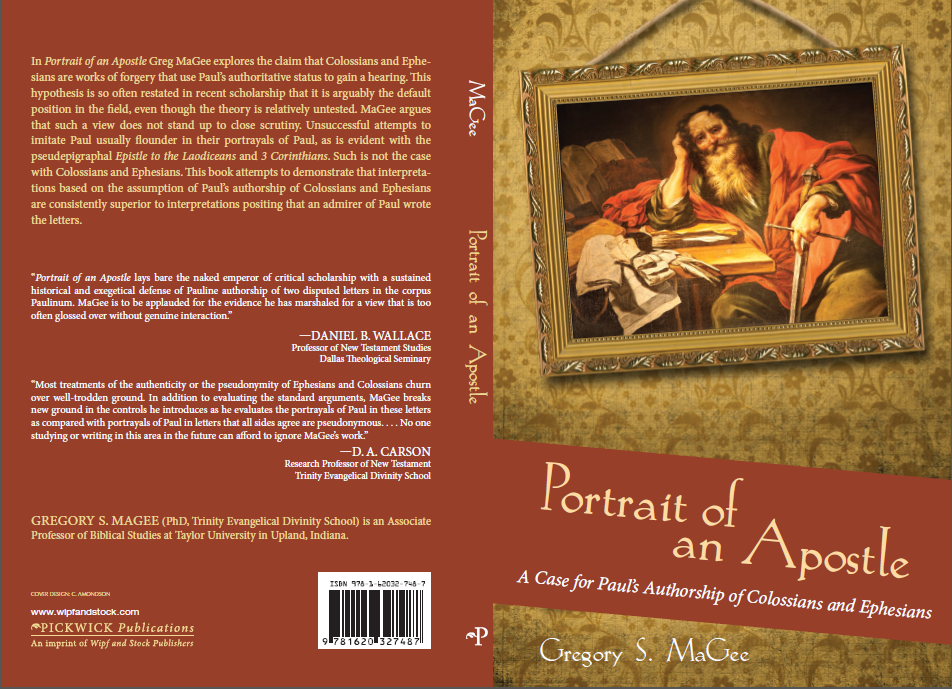 One of the most difficult issues for Christians to navigate in our generation (and in any generation) is how to engage faithfully and constructively with people who don’t share our Christian beliefs. If our approach is too strident, we make enemies unnecessarily, but if we lose our sense of identity and mission while we are immersed in the surrounding culture, the distinctive beauty of our Christian witness is diminished.
One of the most difficult issues for Christians to navigate in our generation (and in any generation) is how to engage faithfully and constructively with people who don’t share our Christian beliefs. If our approach is too strident, we make enemies unnecessarily, but if we lose our sense of identity and mission while we are immersed in the surrounding culture, the distinctive beauty of our Christian witness is diminished.
Three passages in Ephesians offer help in clarifying how a Christian living in the light can shine within a dark world.
Ephesians 4:17-19 foreshadows teaching on putting off the “old self” and putting on the “new self” by exhorting believers to leave behind the non-Christian attitudes and practices that characterized their former lives. Their old selves were permeated by “the futility of their thinking,” and being “darkened in their understanding and separated from the life of God.” They were marked by “ignorance” (of God’s good will), hardened hearts, a loss of “all sensitivity” (to God and his work), and various moral vices.
Ephesians 5:8-14 uses the imagery of light and darkness to highlight the drastic change of the believer’s spiritual situation. “Light” is grouped with belonging to God, living a morally fruitful life, and pleasing the Lord. “Darkness” is associated with fruitless deeds, shame, and hiding. Christians are called to separate themselves from participation in darkness while shining brightly in the dark environment around them.
Ephesians 6:10-12 depicts the Christian struggle to live for God in the world as warfare. Paul is careful to specify that our enemy is not “flesh and blood” though. The devil and all other spiritual rulers, authorities, powers, and forces of evil in “this dark world” are the ones who oppose God’s people. Christians must stand strong in their identity in Christ and all of the divine resources God has made available to us in this supernatural struggle.
Two key truths emerge from these three passages:
1. The light/dark contrast and stark difference between believers and unbelievers alerts us to the need for moral clarity and discernment in our lives. It is a false dichotomy to say that Christians in their relationships and behavior can be either loving or holy. A sloppy line of reasoning among some Christians goes like this: A) it is wrong to be moralistic and legalistic – concerned with only outward behavior and being pure; B) therefore, just love other people and don’t be concerned about moral excellence. Our engagement with the world is characterized by both love and light. It is interesting to note that in 1 John, two things are said about God: “God is love” (4:8,16) and “God is light” (1:5).
2. Spiritual battle is a reality in our lives, but we must be sure to identify the correct enemy: Satan and the forces under him, not the unbelievers we encounter. We need to be spiritually and morally vigilant in our resistance to Satan’s agenda and values. But we should be careful about adopting a cultural warrior attitude against people who don’t believe in Christ. Our posture towards others should be that of an “ambassador” (Eph 6:20), looking for opportunities to represent God well as we share the light of Christ with those who don’t know him.
Unlike the lizard (at least I think that’s what it is!) in the opening picture, Christians are called to stand out within our environment. We are not driven by hostility towards those around us but motivated with a desire to shine the light of the gospel in dark places.





